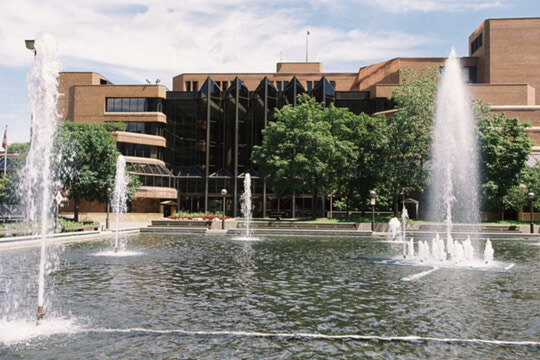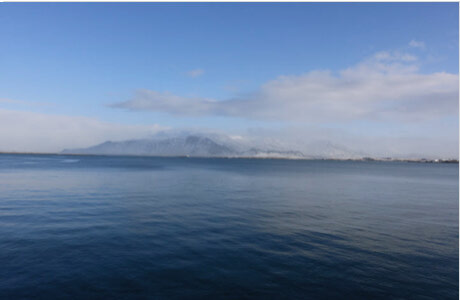Assange: Free at Last, But…
Gwynne Dyer
Julian Assange, the founder of Wikileaks, is a free man at last after spending almost all of the past fourteen years in jail or other forms of confinement. He has just arrived home in Australia to be greeted by his family, including two young sons who have never seen him except in Belmarsh Prison in London. But it is the bad guys who won.
The ‘bad guys’ include the various British and Swedish government officials who tried to extradite him to the United States for the crime of publishing documents that embarrassed various parts of the US government, but far more it was the relentless, ruthless American authorities themselves.
They have won because Assange’s ordeal will prevent a dozen or a hundred or a thousand potential whistle-blowers who have information that the public needs to know from blowing their whistles. Indeed, that’s why Assange had to be put through all that misery. He did no harm, but the example he set was a huge threat to the secret state.
You can call it the ‘deep state’, if you like, but it’s not the imaginary one that excites populists like Donald Trump. It’s the ‘intelligence’ services that hide their actions, lie to and spy on the public, and sometimes murder people, like the CIA in the United States, the DGSE in France, the SVR in Russia and RAW in India.
They are enormous bureaucracies with a greatly inflated sense of their own importance. Their stock in trade is secrets, so by definition (although not necessarily in fact) those secrets are important. Hunting down and punishing people who reveal those secrets is a vital part of protecting the brand.
An example, not entirely at random: Julian Assange’s enormous dump of documents in 2010 concentrated on the US wars in Iraq and Afghanistan, and the piece that got the most attention was a video and audio clip from an Apache gunship flying low over Baghdad in 2007.
The crew are debating whether there are armed men among the civilians on the street below, and one says impatiently “light ‘em all up.” So they spray the street with machine-gun fire, saying things like “It’s their fault for bringing their kids into battle” and “Look at those dead bastards.” They even shoot up an ambulance that comes to help the wounded.
That’s not ‘sensitive information’. It didn’t reveal the soldiers’ identities (although other US Army records, not included in the dump, would probably let US officials work it out). It’s just damning evidence of a war crime that the US government did not want made public.
Assange didn’t hack any government computers, nor was anybody killed or injured because of his revelations. He was very careful about that, although the US government falsely claimed both things. He spent fourteen years in custody or in hiding simply because he deeply embarrassed American officialdom.
First, the US government tried to get the British government to extradite him so that he would face an American court, but failed.
Then Washington got the Swedish courts to demand Assange’s extradition from the United Kingdom on two deeply implausible rape charges, apparently believing that Sweden would then send him to the US. At this point he was arrested in Britain– but Sweden never carried through, and eventually dropped the charges.
Then it looked like Britain would send him to America after all, so he jumped bail and took refuge in the Ecuadorian Embassy in London because the new president of Ecuador took pity on him. He stayed there, in a single room, for seven years.
Then the presidency in Ecuador changed hands, and Assange was evicted from the embassy and wound up in a British jail for the next five years because he had jumped bail (on the Swedish charges that were dropped years before).
And finally, just before he is sent to the United States and is facing life in jail for no crime at all, President Biden offers him a plea bargain in which he pleads guilt to just one of the 18 false charges, and the United States accepts that his last five years in a British jail counts as enough jail time served for that single non-crime. A happy ending, of sorts.
Happier at least than Mordechai Vanunu, the Israeli who confirmed the existence of Israel’s nuclear weapons in 1986 and was jailed for 18 years (11 years in solitary). He’s still not allowed to leave Israel or speak to foreigners.
Happier than Edward Snowden, a former CIA employee who revealed huge amounts of data about the US National Security Agency’s global surveillance programmes in 2013. He is still stuck in Russia, where he was in transit when the State Department cynically canceled his passport.
Why are there so few whistle-blowers precisely when we need them most?
Just look what happens to them.
Gwynne Dyer’s new book is ‘Intervention Earth: Life-Saving Ideas from the World’s Climate Engineers’. Last year’s book, ‘The Shortest History of War’, is also still available.





